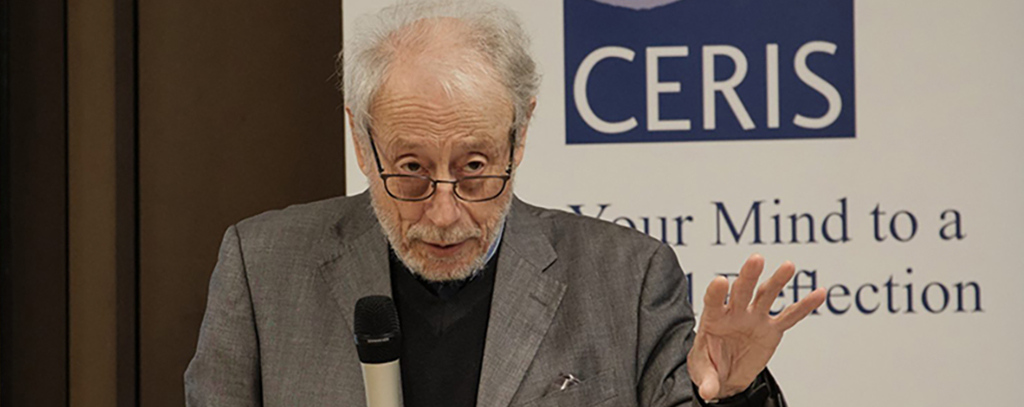
This book analyzes the mindset with which China enters into negotiations, and applies these insights into contemporary arenas of Chinese activity around the world.
The volume presents and analyses the historical and cultural foundations of Chinese thinking as used in the practice of present-day negotiation. It begins by addressing the essence of Chinese negotiations and the Chinese mindset, turning to a section that presents the cultural foundations of that mindset and strategy. The concepts of Confucianism, Taoism, Yin-Yang, and Chinese military strategy are highlighted. The cases of the Belt-and-Road Initiative and the South and East China Seas are examined to show the application of these concepts, with one addressing business and economic negotiations and the other examining cases of negotiation in geopolitics. Finally, a synthesis of what has been learned is presented, which will contribute to negotiation theory and ultimately will help Western practitioners contemplating negotiation with Chinese diplomats and businesses, as well as being a basis for policy analysts’ understanding of Chinese practices in international relations.
This book will be of much interest to students of international negotiation, foreign policy, business studies, and international relations, as well as practitioners and policymakers.
Is the Chinese vision that of radical alterity with respect to Aristotelian thought, of which the West is the heir? Many comments can support this idea. In fact, Chinese culture was not satisfied with four cardinal points but added a fifth, the center. It even makes it the first point of reference. In the same way, it is not satisfied with the four tastes that define taste, salty, sweet, bitter, and sour, but adds a fifth, the pungent. In its language, it does not use conjugations and alphabet. It describes starting from the general to reach the specific, like writing an address on an envelope, starting with the country, then the city, then the street, then the number, then the family name, and finally the first name, that is the expression of singularity. As Zhuangzi, a prominent Taoist philosopher, asserts, opposites are as much associated as they are opposed. We are far from the Aristotelian principle of non-contradiction, which is affirmed as eternal truth in the Cartesian approach.